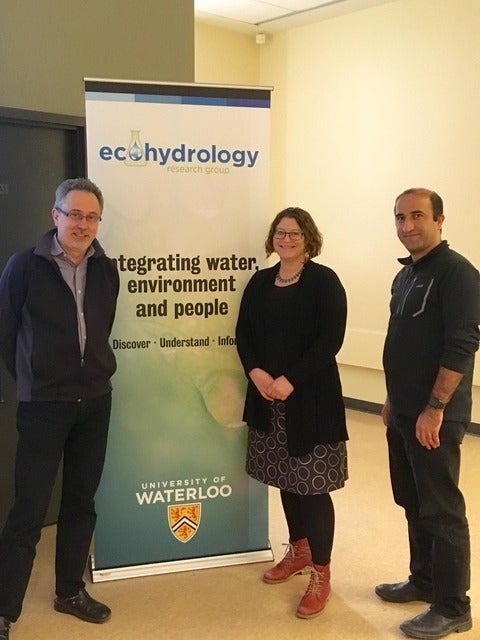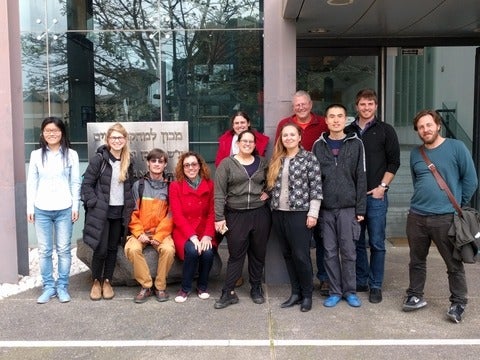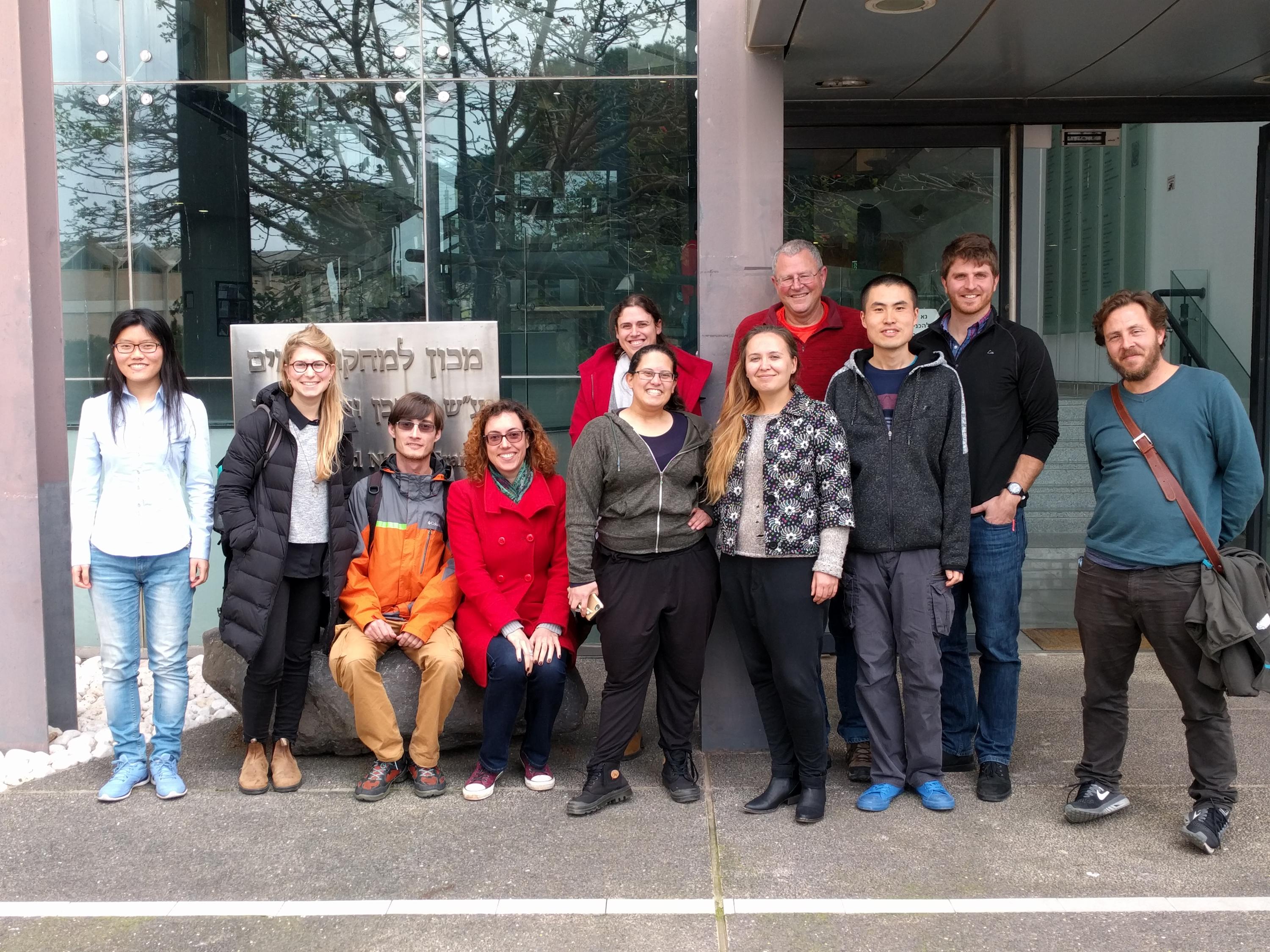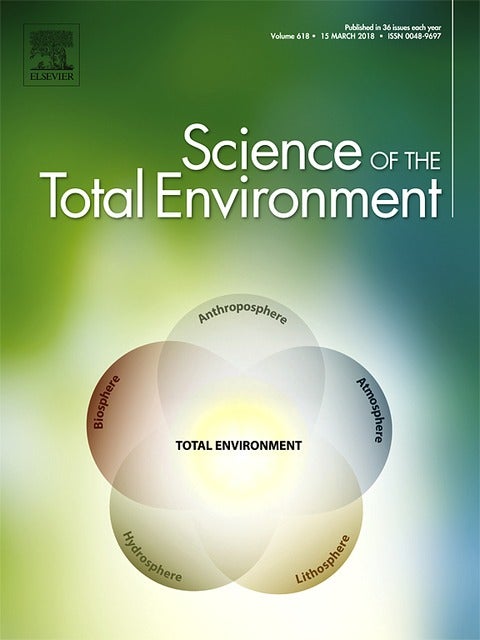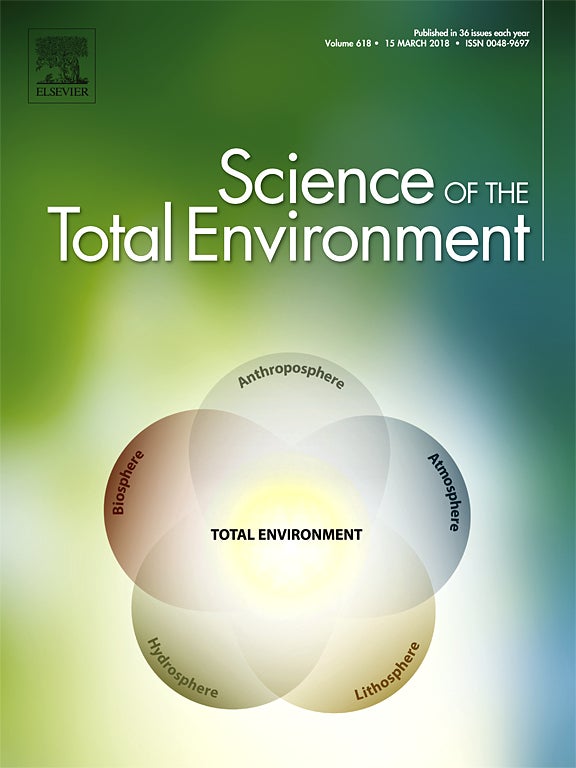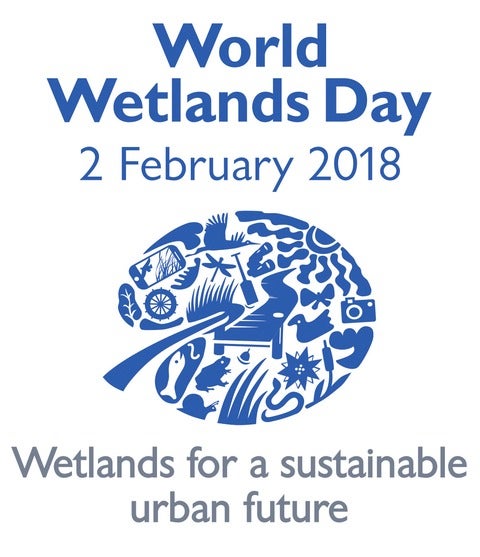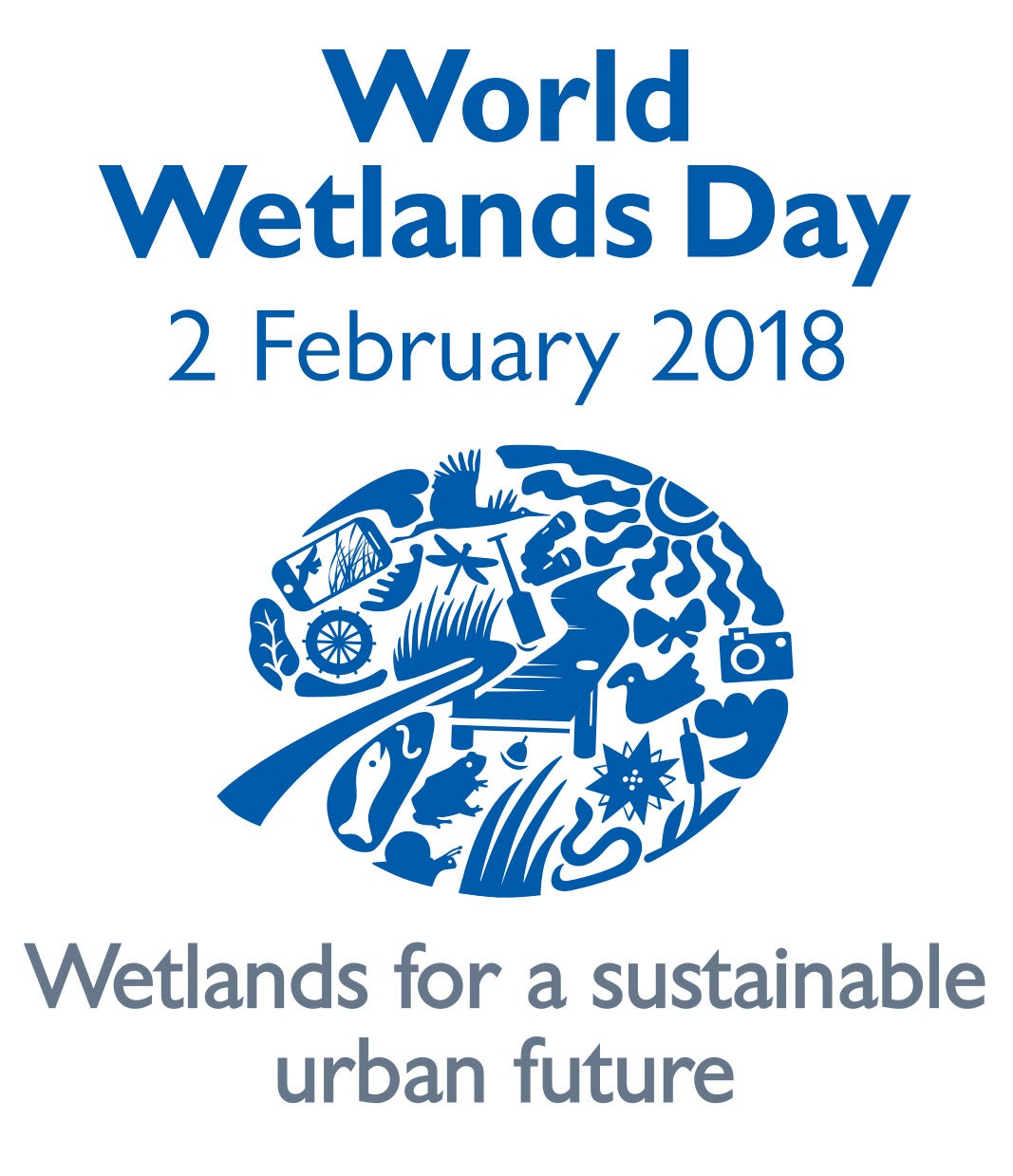Dr. Lori Phillips from Agriculture and Agri-Food Canada presents seminar
This afternoon, Dr. Lori Phillips from Agriculture and Agri-Food Canada presented a seminar, titled "Linking agricultural management to microbial ecosystem processes". There was a great turnout for the event, and we had a great time learning about the relationships between agriculture and microbes.
A big thank you to Dr. Phillips for the excellent presentation!
Please see the event page for more details about the seminar.
